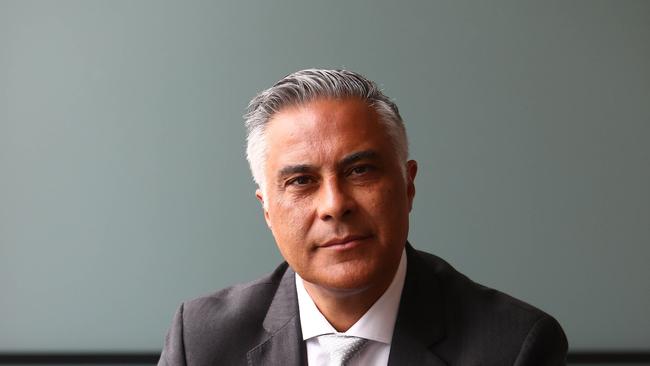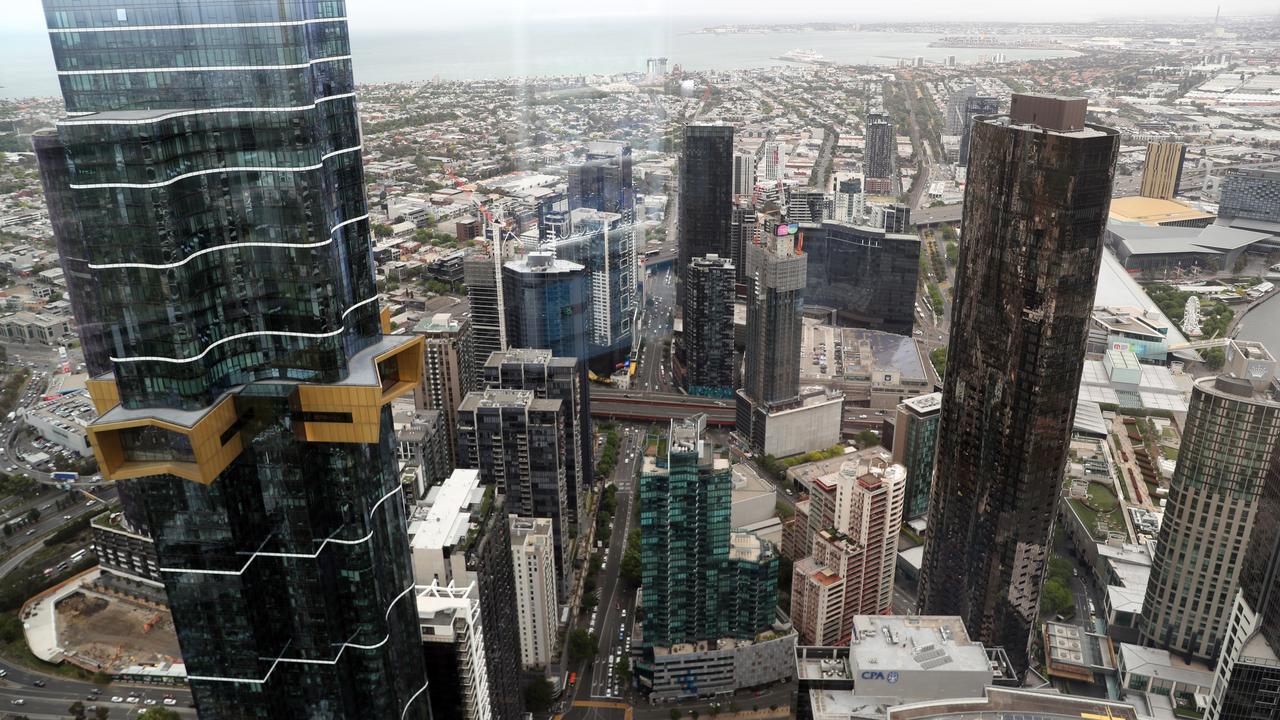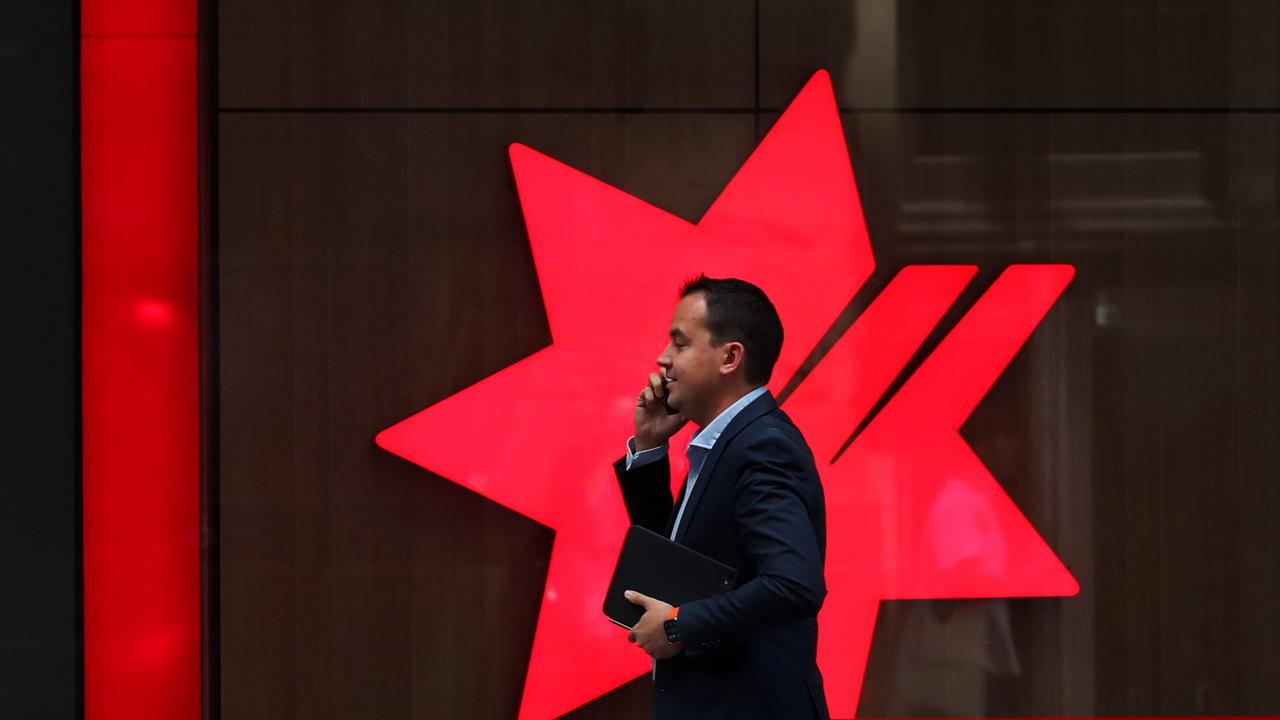Latitude Financial secures $1.4bn in securitisation deal
Ahmed Fahour’s Latitude has raised $1.4bn in Australia, Europe and the US eight months after it withdrew its $3.2bn IPO.

Latitude Financial has raised $1.4bn from investors across Australia, Europe and the US to shore up its interest-free loans businesses, eight months after it withdrew its $3.2bn IPO.
The funding, raised via a securitisation offer, matches the $1.4bn Latitude was hoping to raise at the top of its float range, with chief executive Ahmed Fahour saying it was testament to the company’s loan book and, more broadly, Australia’s financial sector. Mr Fahour said the raising included $237m from the federal government’s financing arm, the Australian Office of Financial Management, and increases from existing investors as well as a new major investor.
The successful raising gives Latitude hope it will be third-time lucky in its efforts to hit the ASX boards, with its private equity owners, including Kohlberg Kravis Roberts, Varde Partners and Deutsche Bank, having had two unsuccessful tilts at an IPO.
Latitude raised the $1.383bn for its Australian sales finance, interest-free instalments and credit card warehouse. Mr Fahour said it would increase the group’s lending facility from $1.3bn to $1.5bn.
“It is significant in this economic climate that Latitude has successfully completed this refinancing for a further 2½-year term, well ahead of the September due date,” said Mr Fahour, who was NAB’s former Australian boss and ran Australia Post for seven years from 2010.
“Our interest-free instalments business continues to perform well despite the impact of COVID-19 on retail sales, reflecting the strength of our merchant partnerships and strong demand from consumers for interest-free shopping.
“This finding ensures we have excess capacity in our sales finance and cards warehouses to pursue further growth opportunities in support of our long-term partners and their customers.”
The non-bank lender — previously known as GE Money — was forced to pull its planned IPO last October after it failed to secure enough support from offshore investors, despite repricing the float below its original range from $2 to $1.78.
The withdrawal came 12 months after the company pulled its first IPO attempt, valued at $4bn, after weeks of speculation that it would be put on hold.
Despite expressing disappointed after the second failed attempt, Mr Fahour maintained the company was in good shape and on track to exceed its forecast of net profit after tax of $278m for the year to December 31, an increase of 12 per cent.
“We will continue to execute on the growth strategy with the support of our shareholder group,” Mr Fahour said at the time.
In 2019, Latitude became the third-biggest lender of new personal loans, gaining share from the big four banks.
In recent months it has struck interest-free partnerships with US tech titan Apple, which is in addition to deals with Australian retailers Harvey Norman, Forty Winks, Prouds, Angus & Coote, Goldmark, Zamel’s, Mazzucchelli’s, Bing Lee and Kitchen Warehouse.
Last September, it took on market darling Afterpay, launching LatitudePay, which has credit limits of $1000 and enables customers to make purchases over 10 instalments with no interest.
Mr Fahour said the company had a “diverse and well-established funding platform”, comprising six warehouse facilities and six public trades outstanding in Australia and New Zealand.



